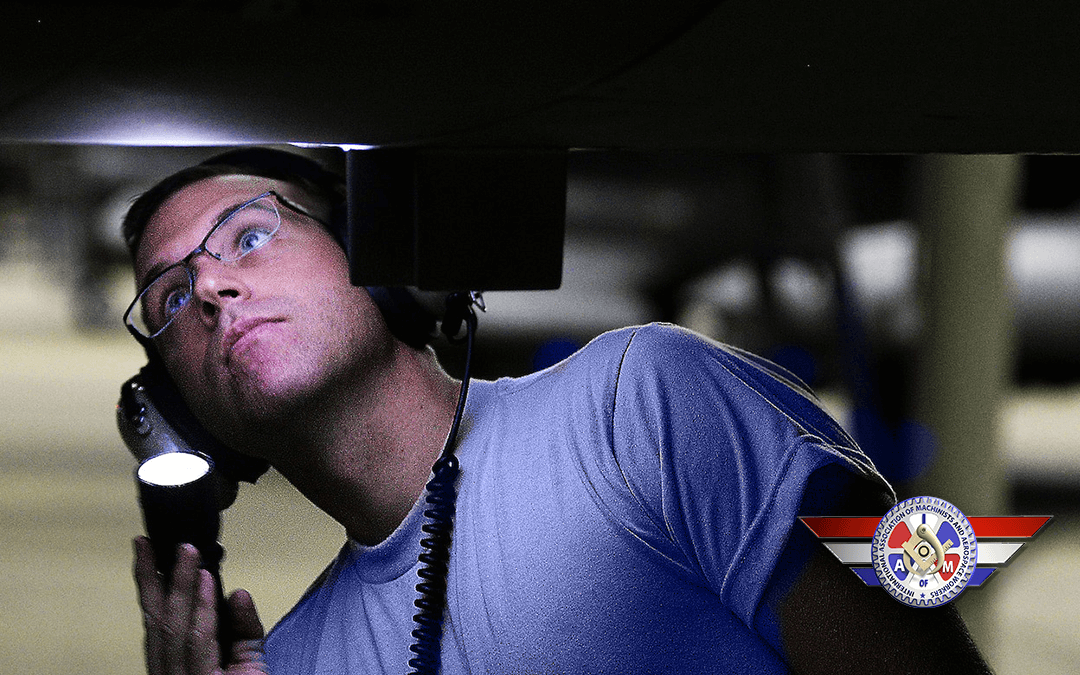
by Eric Price | Aug 17, 2020 | Featured News, Front Page, Organizing, Row 2, Uncategorized
The International Association of Machinists and Aerospace Workers (IAM) recently filed an application for a representation election at the National Mediation Board (NMB) in Washington D.C. The filing comes after approximately a 10-month campaign, spearheaded by over...

by Eric Price | Aug 14, 2020 | Community Service Page, Education, Featured News, Front Page, Row 2, Uncategorized, Video
A Conversation With Will Riley, Scholarship Winner A student at the University of Houston, he is the winner of $2,000 from the Adolph Stutz Memorial Scholarship Hello Machinists & Aerospace Union Members! I’m 22 years old and from Houston, Texas. I’ve...
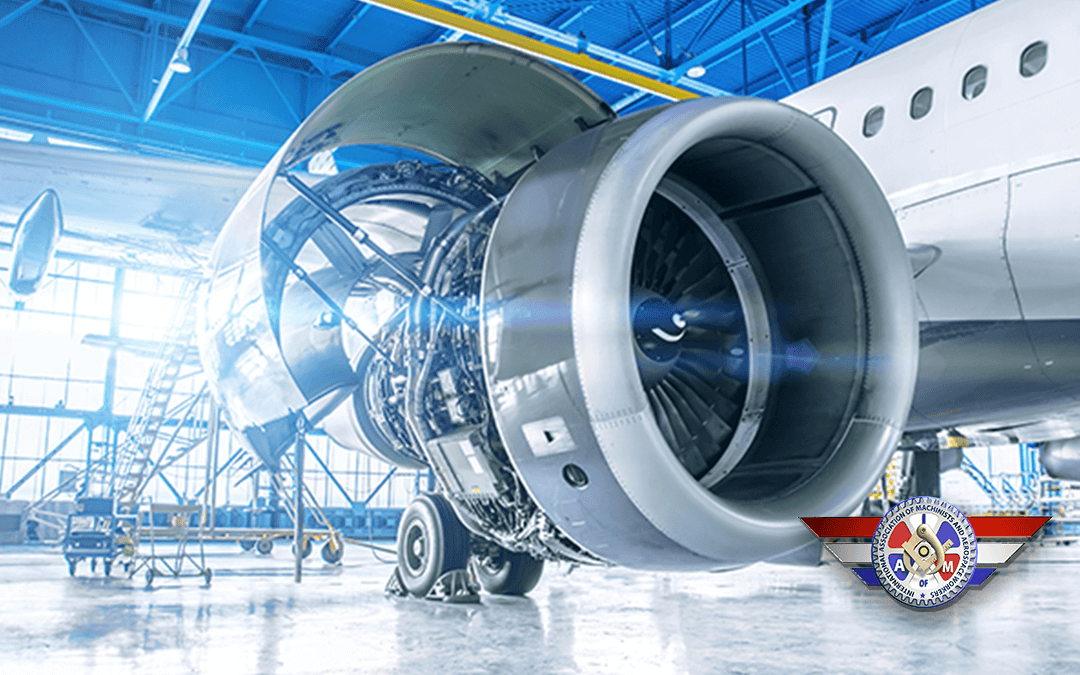
by Eric Price | Aug 14, 2020 | Airlines, Featured News, Front Page, GOIAM Stories, Row 2, Uncategorized
This week Reps. Rick Larsen (WA-02) and Ron Estes (KS-04) introduced The Aviation Manufacturing Jobs Protection Act of 2020. The bipartisan legislation helps prevent aerospace supply chain furloughs due to the COVID-19 pandemic by establishing a temporary relief...
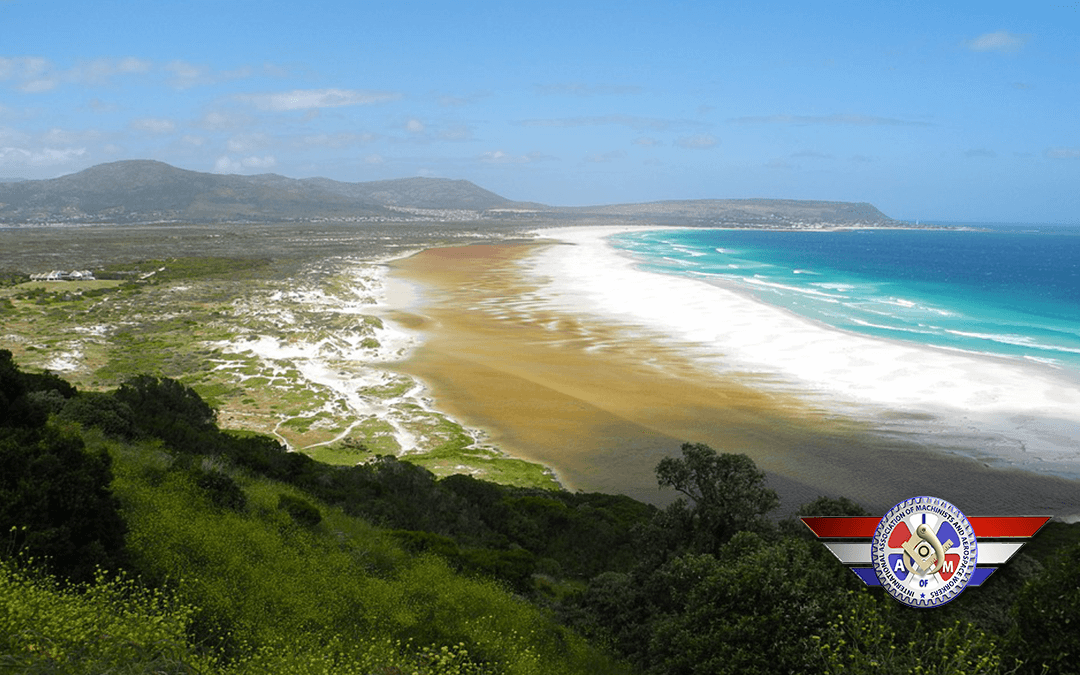
by Eric Price | Aug 12, 2020 | Airlines, American, COVID, Featured News, Front Page, Hawaiian, MNPL, Uncategorized, United
As a consequence of the pandemic and associated restrictions, African airlines are forecast to lose $2 billion in 2020. Without urgent financial relief, the industry is at risk of collapse, putting about 3.3 million jobs and $33 billion in African GPD in jeopardy. To...
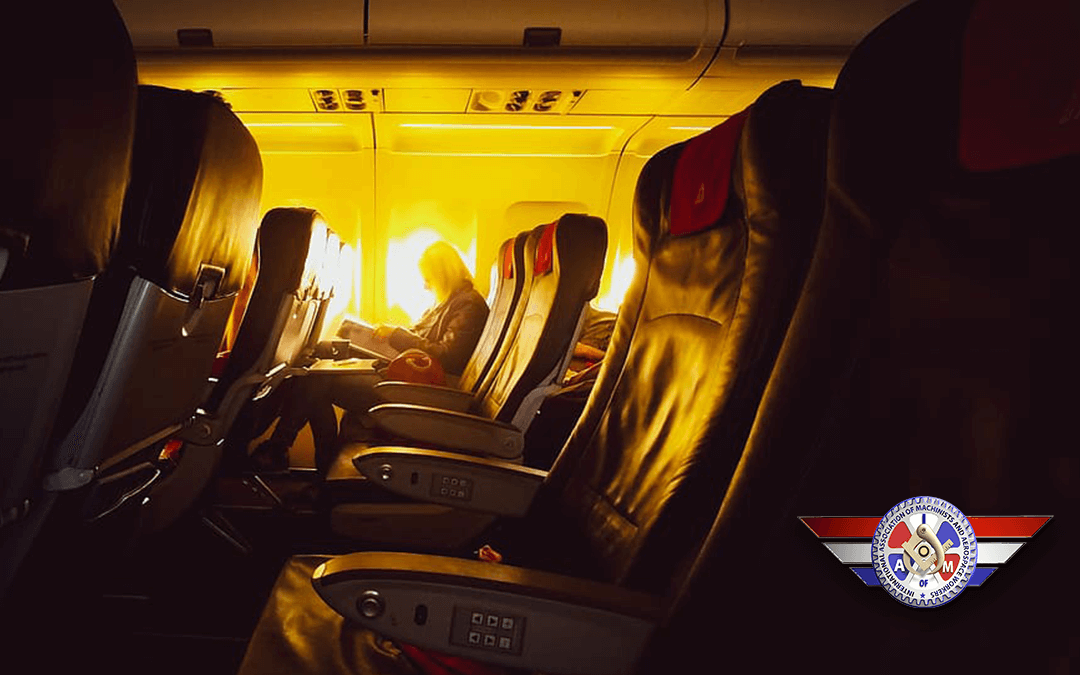
by Eric Price | Aug 11, 2020 | Airlines, American, COVID, Featured, Featured News, Front Page, Hawaiian, MNPL, Row 2, Uncategorized, United
More than 800,000 Americans passed through TSA checkpoints on Monday, the most since mid-March. The uptick comes as key Senators begin to voice support for an additional round of payroll assistance for airlines, and stock prices for carriers post their most...
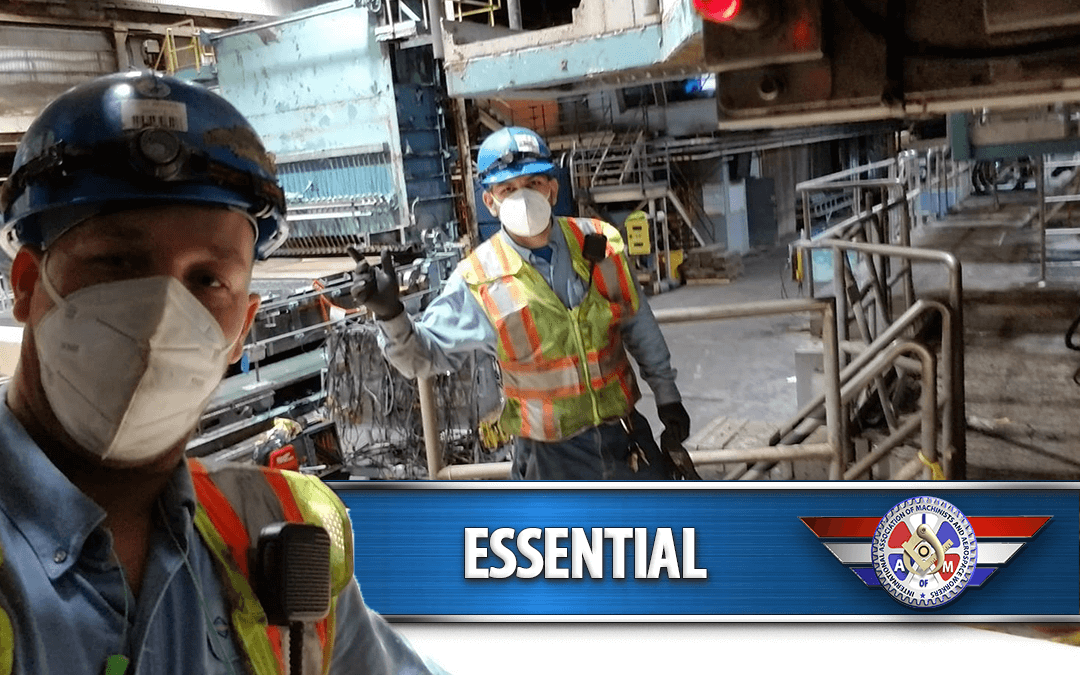
by Eric Price | Aug 10, 2020 | Airlines, COVID, Featured, Featured News, Front Page, GOIAM Stories, MNPL, Organizing, Row 2, Uncategorized
The IAMAW, along with a coalition of airline unions, is gaining momentum on Capitol Hill. After securing support from a bipartisan majority of the U.S. House, the IAM needs your help convincing the Senate that they must act now to save hundreds of thousands of airline...







